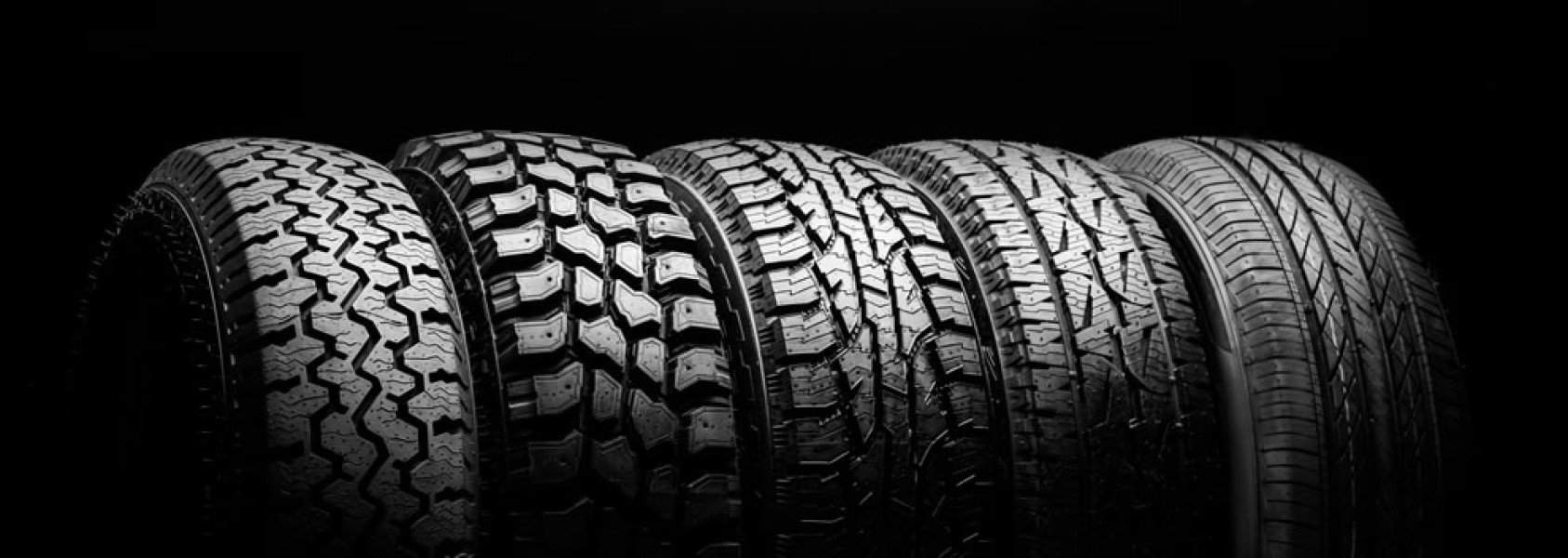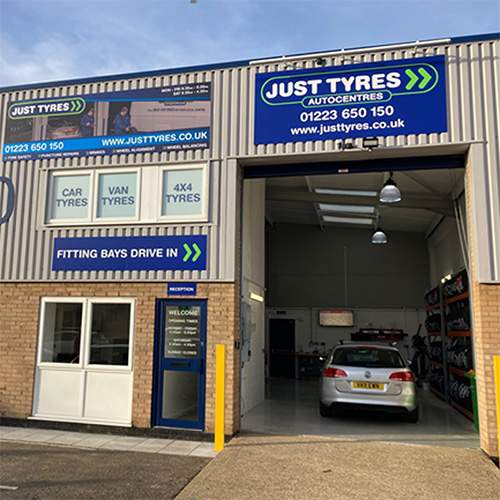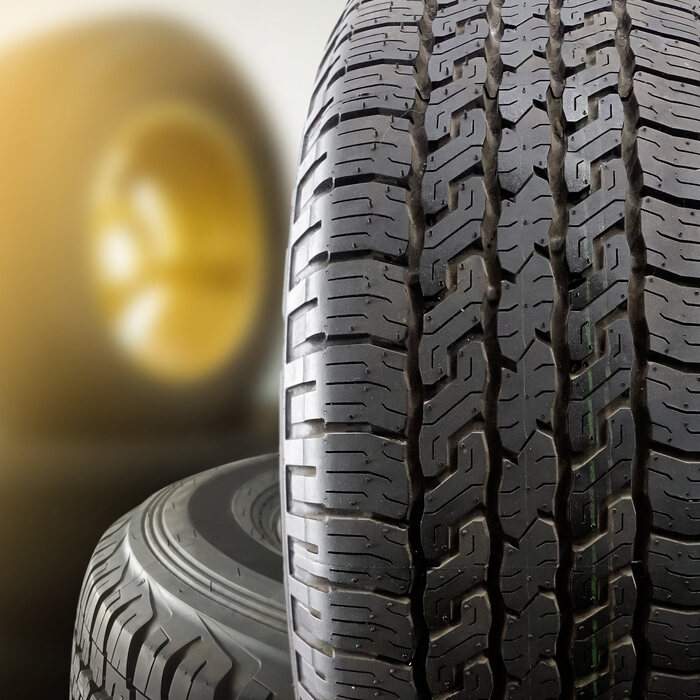
4x4 Tyres
Find your tyres
Use the registration lookup / tyre size search boxes to see personalised results for your vehicle
Buy tyres online at great prices
HOW TO CHECK YOUR TYRE SIZE
You can find your car’s tyre size written on the sidewall of your current set of tyres, in your vehicle’s handbook or on a sticker in the door jam or inside the fuel cap door. When buying new tyres you should only go for ones that have these same numbers to ensure a good fit

Are 4x4 tyres different to car tyres?
Whether you're looking to buy budget 4x4 tyres online, or browsing premium brands for prestige vehicles, the fundamental design and construction of all tyre types are quite similar. However, dedicated 4x4 and SUV tyres do tend to offer some performance and durability benefits over standard passenger car models.
First and foremost, quality SUV tyres are often built to be more robust. They're usually a good deal heavier, and can support higher weight loads as standard. All-wheel drive capability is another common difference between SUV and car tyres, as is the ability of 4x4 tyres to offer reliable performance on a wider range of surfaces and road types.
When buying SUV, 4x4 or crossover tyres, it’s important to bear in mind the various types of surfaces you might be driving on, and roughly how often you’ll be tackling each. Many SUV and all-terrain tyres are marketed and sold by percentage ratings, reflecting the amount of time you’ll be spending on normal tarmac vs off-road.
To get the best deals on SUV tyres, it always pays to have a clear understanding of what your realistic daily demands will be.
What are the main benefits of 4x4 tyres vs car tyres?
On the whole, dedicated 4x4 or SUV tyres will usually offer:
- Larger, heavier and sturdier all-round build quality
- Deeper, tougher and more rugged tread patterns, for enhanced all-terrain performance
- Stronger and firmer rubber compound, to help support increased vehicle weight and improve durability
- Squared-off tread blocks, to provide a larger area of surface contact
- Taller and thicker sidewalls, to reduce flex under load
In order to achieve all of these goals, most specialist SUV and 4x4 tyres offer a fairly comfortable trade-off between ruggedness, durability, and general 'road manners' (i.e. performance, ride quality and noise levels on standard tarmac surfaces).
4x4 tyres are typically more rugged than car tyres, featuring pronounced ‘knobbly’ tread blocks that cope better with increased loads and rougher driving surfaces. These tend to result in lower speed ratings for SUV and 4x4 tyres, as those block designs are less efficient in dissipating the intense heat buildup caused by sustained contact with tarmac at higher mph.
In terms of overall performance and ride quality, SUV tyres usually won't handle quite as smoothly or responsively as standard summer car tyres. Then again, they won't feel nearly as harsh, rigid or uncompromising as something like commercial van tyres, which are designed to support even heavier weights over longer journey distances.
Are there any drawbacks to having 4x4 tyres fitted?
If you drive a vehicle that requires a dedicated SUV or 4x4 tyre in order to properly support its increased weight and load demands, then no. In fact, fitting SUVs or 4x4s with lesser quality or cheap car tyres designed for smaller, lighter passenger vehicles will result in drastically reduced performance across the board. In many cases, doing so can be both unsafe and illegal.
The primary aim of SUV tyres is to cope better and more safely with the higher forces these larger vehicles exert. Meanwhile, they're also designed to balance out those increased demands with good overall performance in terms of braking, handling and ride comfort. Both the design and build quality of SUV tyres reflect this, and you should always choose an appropriate tyre type for any vehicle you’re driving.






 Same Day Fitting. Order By 10:30am
Same Day Fitting. Order By 10:30am
 39 Nationwide Fitting Centres
39 Nationwide Fitting Centres
 5 Year Warranty On All Tyres
5 Year Warranty On All Tyres
 Price Check Promise. Always Great Deals
Price Check Promise. Always Great Deals













.jpg)


 Find a Centre
Find a Centre


